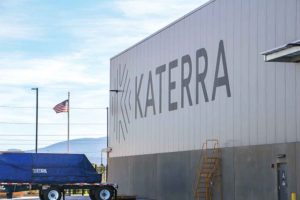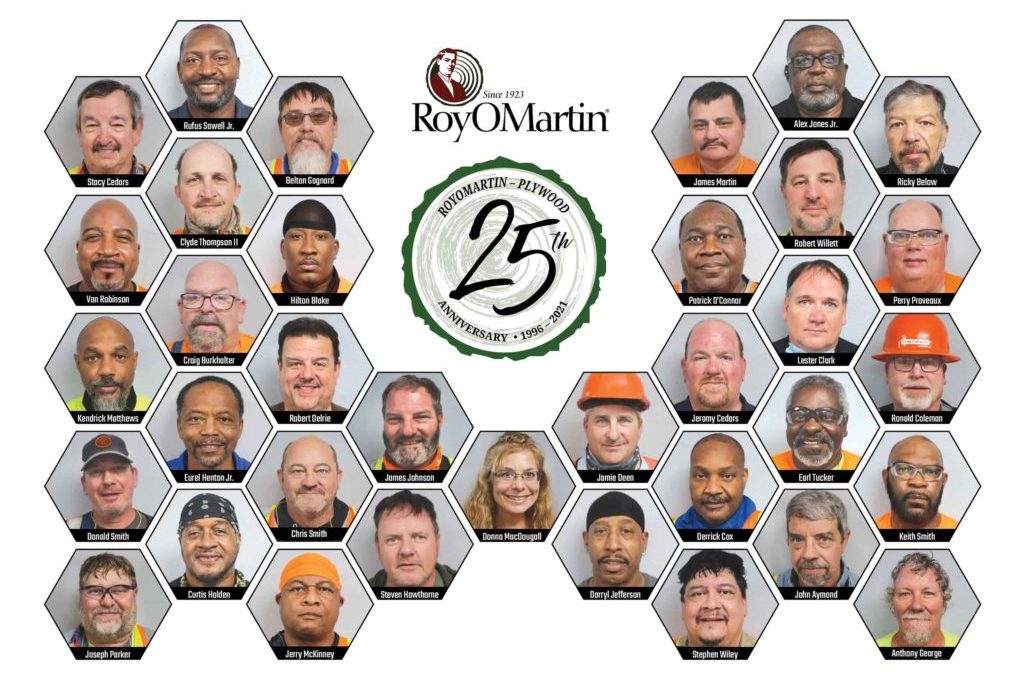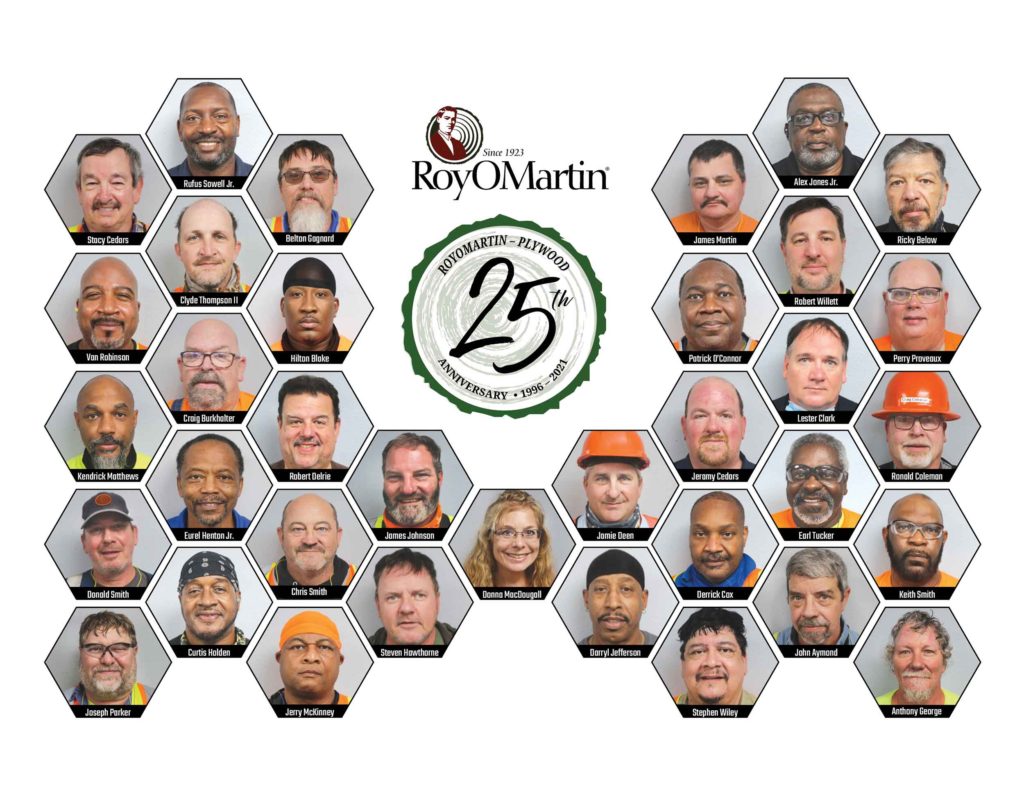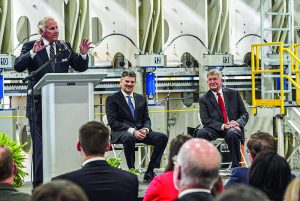Boise Cascade Invests $140 Million In Three FacilitiesBoise Cascade shared additional details regarding its previously announced $140-million investments in its Alabama and Louisiana facilities. The upgrades will support the company’s EWP growth strategy. ...
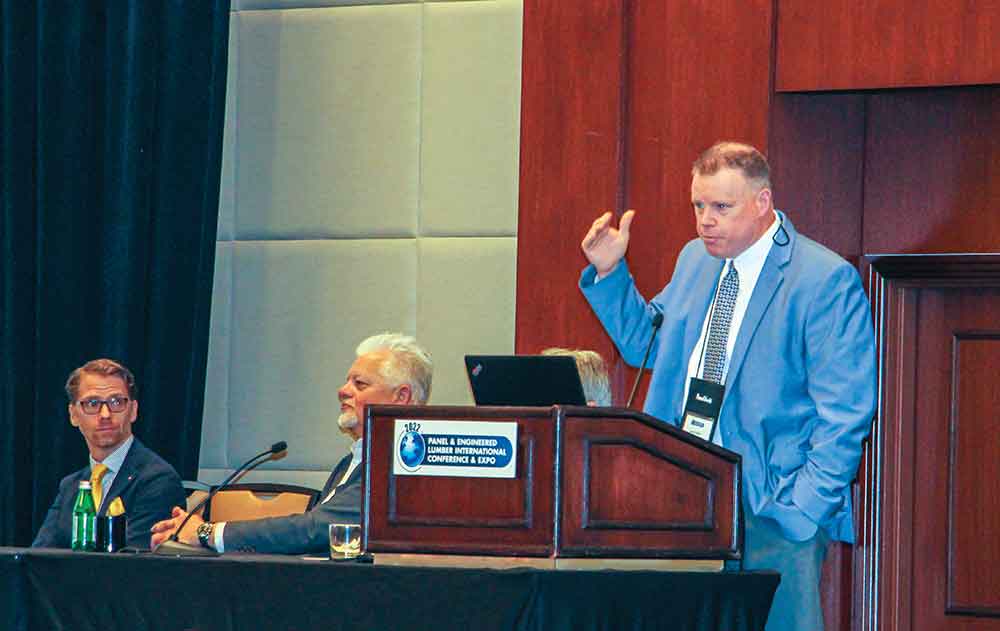
Dates Announced For Ninth PELICE
Dates Announced For Ninth PELICE
The next Panel & Engineered Lumber International Conference & Expo (PELICE) will be held March 14-15, 2024, again at the Omni Hotel in Atlanta, Georgia. PELICE is hosted every other year by Panel World magazine and Georgia Research Institute. This will be the ninth PELICE since its inception 2008.
“PELICE gets better with age,” comments Rich Donnell, co-chairman of PELICE and editor-in-chief of Panel World. “It has persevered through recession and pandemic, and also enjoyed the best markets to become a mainstay on the international stage.”
PELICE in 2022 recorded 450 participants on-site (including wood products producer personnel, exhibitor personnel, representatives from investor, consulting, academia and a range of other sectors associated with the structural and non-structural wood products industries).
Executives, plant managers, project managers, engineers, human resources and other personnel from wood products producer companies attend presentations delivered by dozens of industry personnel on a range of topics including mill project developments, technologies, economics, markets and products.

In addition, 100 exhibitor companies will set up in the Grand Ballroom North adjacent the meeting rooms. All of the exhibitors are classified as Gold, Silver or Bronze sponsors and participate in the sponsorship of the numerous food functions and promotions that complement PELICE.
PELICE 2024 has begun exhibitor sponsorship bookings while making initial contacts with conference speakers.
PELICE will once again be immediately preceded by the Wood Bioenergy Conference & Expo on March 12-13 at the Omni Hotel. Many exhibitors and attendees participate in both events. Attendee registration will open this summer.
Latest News
Boise Cascade Invests $140 Million In Three Facilities
Timberlab Collaborates With SCM On CLT
Timberlab Collaborates With SCM On CLTTimberlab confirmed its collaboration with Italian manufacturer SCM, for the supply of innovative technologies to Timberlab’s new CLT plant in Millersburg, Ore. SCM will supply a CELASCHI XL profiling machine and double-end...
Chris Brown Assumes Role As Mid-South President
Chris Brown Assumes Role As Mid-South President Mid-South Engineering recently bid a happy retirement to President Marc Stewart after 27 years with the company. "Leaving my daily interactions with this team leaves a Mid-South-logo-shaped hole in my heart," Stewart...
Con-Vey Expands Operations In Oregon
Con-Vey Expands Operations In Oregon Con-Vey is planning an expansion of its operations with the acquisition of approximately 15 additional acres, including 150,000 sq. ft. of manufacturing space. Strategically located with both highway and freeway access, and just...
Find Us On Social
Newsletter
The monthly Panel World Industry Newsletter reaches over 3,000 who represent primary panel production operations.
Subscribe/Renew
Panel World is delivered six times per year to North American and international professionals, who represent primary panel production operations. Subscriptions are FREE to qualified individuals.
Advertise
Complete the online form so we can direct you to the appropriate Sales Representative. Contact us today!

